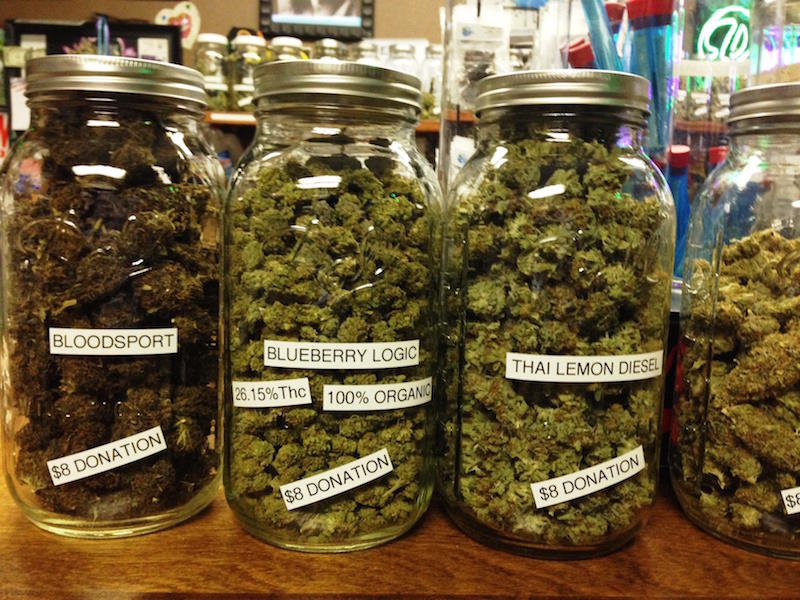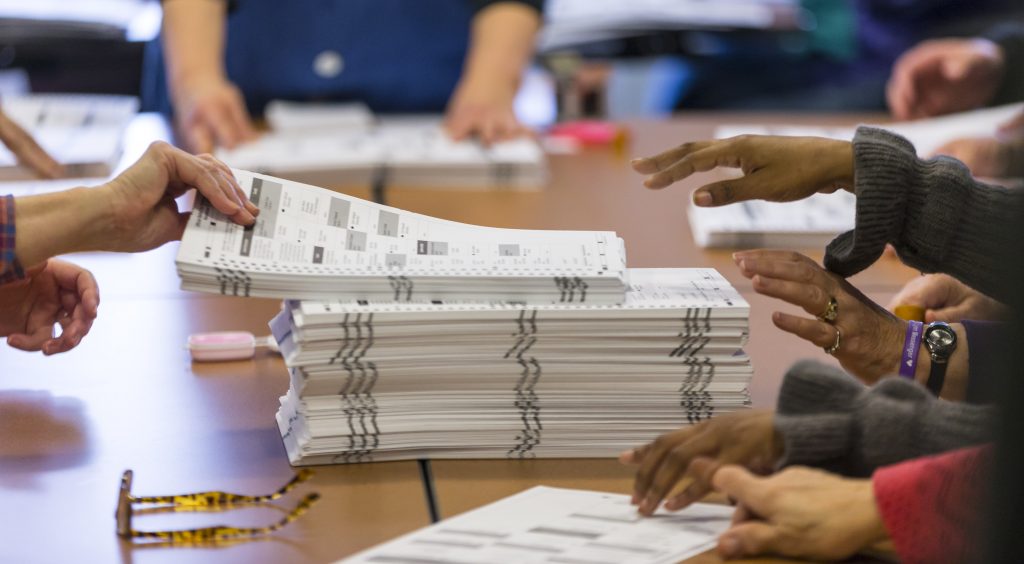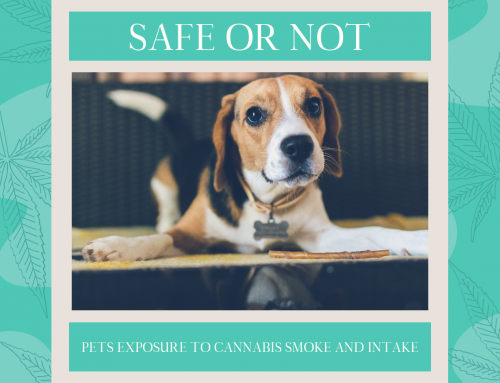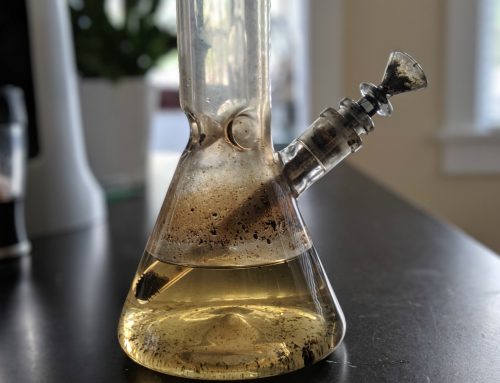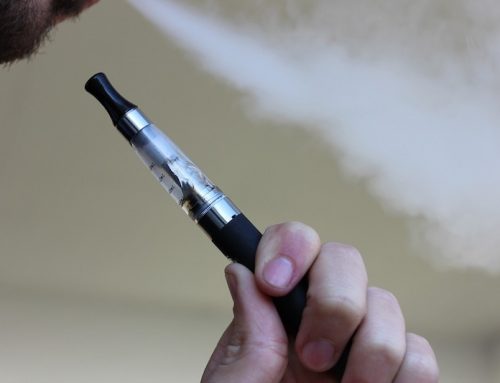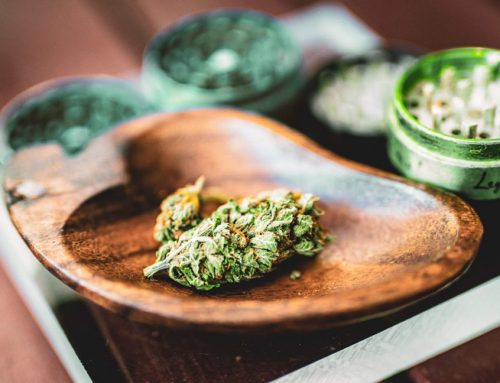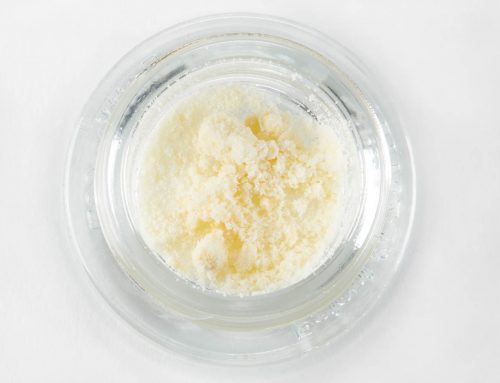Across most North American states that took recreational and medical cannabis to the vote in November, the result had long since seemed like a foregone conclusion. In most instances, it proved as such – cannabis having been legalized by a relatively sizeable margin. However, the same couldn’t be said for things over in Maine. Despite the fact that Question 1, the vote for recreational cannabis was indeed successful, it passed by such an incredibly narrow margin that quite a few critics on the anti-cannabis side of the fence weren’t happy. In fact, they were so unhappy they wanted something done about it.
There’s really no denying that it was a close-run race. In total, 760,000 ballots were counted, but Question 1 won by just over 4,000 votes. This basically meant that while 50.2% voted to legalize recreational cannabis, 49.8% voted against it. Given the fact that it was so close, cannabis critics insisted that it was necessary to go about a recount, in order to rule out any errors or inaccuracies that could swing the result in the other direction.
And that’s exactly what happened, with the recount having officially gotten underway earlier this month. Not that everybody was particularly happy about this – what with the way in which the recount was scheduled to continue long into 2017 and cost at least half a million dollars to carry out.
Or at least, so it seemed.
The Right Result
Having only just gotten underway and with a long, painful and expensive process ahead, the campaign that instigated the recount in the first place abandoned its attempt to confirm the result of Maine’s vote by Saturday afternoon. Just days after officially getting the recount underway, it was confirmed that it was to be scrapped entirely. Which now means that the path has been cleared for Maine to join Massachusetts and become the second New England State to allow cannabis to be used for recreational purposes.
A group going by the name of Mainers Protecting Our Youth and Communities had received permission from the Secretary of state to organise and implement a recount across the entire state. The group had initially intended to focus on several specific precincts and areas, with the recount then moving on to other areas at the beginning of next year. However, Mainers Protecting Our Youth and Communities officially made the request over the course of the weekend to put an end to the recount, given the way in which it had already become clear that the result would not be changed.
“We promised folks that if we came to a point where we could not see any chance of reversing the result, we would not drag the process out,” Newell Augur, legal counsel for No on 1, said in a release.
“We are satisfied that the count and the result are accurate.”
Full recount would cost $500,000
The group did however state that given the evidence produced during the early stages of the recount, the actual margin by which Question 1 passed was in fact less than 4,000 votes in total. The estimated cost of the recount had previously been set at around the $500,000 mark, but the group insisted that no more than around $15,000 had been spent on the shortened recount.
“Given the extraordinary close margin, the recount was a worthwhile and necessary endeavor,” Augur said.
“Ultimately, this is how democracy works, and we were proud to be a part of it.”
All of which now means that the state is effectively clear to begin implementing its new recreational cannabis policy, which will begin when the validity of the election is confirmed by Gov. Paul LePage in an official letter to Dunlap. After this, it will be a case of getting busy with the required legislation and infrastructure to develop and manage the new recreational cannabis industry. According to LePage, somewhere in the region of $5 million will be required to make the necessary changes within the Department of Agriculture, Conservation and Forestry to manage retail sales of recreational marijuana. As with the rest of the north American states where recreational cannabis has been legalized, it is to be handled and regulated in a very similar manner to alcohol – restricted to adults aged 21 and over, while being prohibited for use in public places.
It has also been confirmed that all proposed law and legislation laid out in Question 1 will be scrutinised once again, in order to ensure that it contains sufficient safeguards to make sure that those under the age of 21 are not able to access cannabis in Maine. Nevertheless, the cannabis community state-wide is likely to have breathed a very large collective sigh of relief over the weekend, having previously been somewhat concerned that the decision to legalize recreational cannabis in November could technically have been overturned early next year.
The Trump Card
Of course, there’s still the rather thorny issue of the way in which cannabis is still classified as entirely illegal at a Federal level across the whole of the United States. Where cannabis has been legalized for recreational or medical purposes so far, the Federal issue has proved to be an enormous challenge for those looking to set up and run perfectly legal cannabis enterprises. Particularly when it comes to obtaining financial support and dealing with financial matters in general, the Fed’s refusal to decriminalise cannabis is making things more difficult than they need to be.
Which is something that could technically go one way or the other when the Trump administration takes up office at the beginning of next year. Despite the fact that Trump has personally said on more than one occasion that he believes cannabis is an issue that should continue to be addressed at state level, he has so far begun assembling a cabinet that paints an entirely different picture. In fact, he’s given the most power of all to those who have consistently promised that given the opportunity to prosecute any and every cannabis user under Federal law, they’d do exactly that.
It sounds unthinkable, but at the same time so did the prospect of Trump’s campaign proving successful in the first place.
The simple fact of the matter therefore is that just as is the case with every other state that has successfully legalized cannabis to date, Maine will be watching what happens in the White House very carefully throughout 2017. While it’s technically viewed as unlikely that Trump will implement any dramatic and sweeping changes to cannabis policy, it certainly isn’t beyond the realms of possibility.
Maine will soon have recreational cannabis, are you looking forward to it? Let us know in the comments below.
Related Articles

